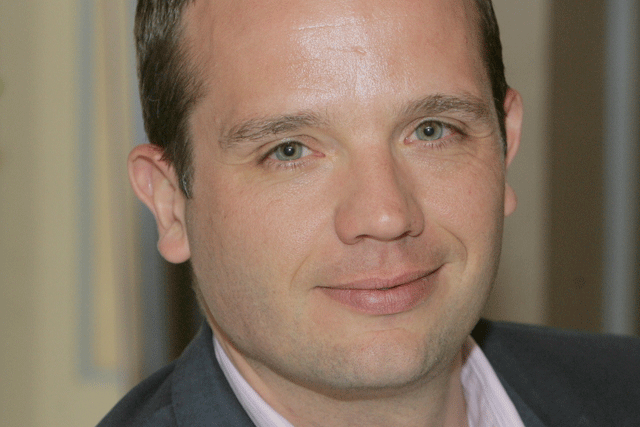Although not solved, the dark government surveillance cloud hovering over SXSW in 2014 has lifted.
The world's preeminent tech festival could not be pessimistic for long and has turned its attention back to the sunny uplands of the future.
Digitalness is quickly blanketing the world around us and melting into the fabric of that world. Digital ubiquity is now virtually baked in to the developed world.
With the explosion of smartphone penetration combined with the likes of Google's commitment to Project Loon-based universal internet access in the developing world, the brightest and the best are exploring what happens next. At the centre of this technology-enabled future is humanity – mind, body and even the concept of self.
The most obvious facet of this is the increasingly intimate relationship with tech represented by wearables. I'm not going to dwell significantly on this given the biggest wearables news, the Apple watch, preceded SXSW.
But there are some exciting developments around "wearables as interface'" – check out Thalmic Labs' Myo Band, which delivers gesture control through a muscle-sensing armband.
Suffice to say another SXSW session was entitled Wearable Drones and featured one that flies off from a body mounting to take a selfie. An unholy trinity of buzzwords, although the Nixie video is kind of cool.
The ubiquity and increased intimacy of technology is beginning to raise questions about its impact on us, most specifically our brains.
Dan Machen and Felix Morgan of Hey Human/Brave helped kick off SXSW with a session on Neuroplasticity that blew the collective cognitive load of the audience.
How we use our brains physically alters their structure – "neurones that fire together, wire together". As an example, London taxi drivers MRI scanned while learning The Knowledge were observed to have progressively larger brain memory centres (AKA the hippocampus).
As one might expect, the digital world is messing with our minds. Ubiquitous connectivity promotes multitasking or, more accurately, task switching, which according to Stanford research has serious implications for memory.
It does this by diverting focus from the long term memory-storing hippocampus to the centre for short term transactive memory. This was brilliantly illustrated by reference to another study, this one by psychologist Daniel Levitin. It estimated the effect of knowing you had received an unopened email was equivalent to dropping 10 IQ points – more than from smoking weed.
Pete Trainor, in his talk about the Biological Power of Push and Pull echoed this with insights into how apps, most notably Tinder, are tailored to reinforce simple binary actions that offer a quick fix at the expense of long term memory.
In the short term they deliver hits of adrenalin and testosterone but, if used longer, begin to trigger the production of cortisol, a hormone associated with anxiety.
If technology is impacting how we think, how will it empower what we can do?
Double amputee Hugh Herr of MIT's Centre for Extreme Bionics took to the stage on his early generation bionic prosthetic legs. The emergent field of human bionics seeks to develop the principle there are no broken people, only broken technology. In the near future, through advances in biomechatronics, man and machine will blend together to both overcome impairment and to augment able-body-ness.
As technology extrudes out to blend with our bodies, so some believe our minds effectively make the return journey.
Martine Rothblatt is the transgender, transhumanist chief executive of United Therapeutics and wants to help you live forever. The core idea of transhumanism is that technology will allow us or a digital version of us to transcend mortality.
Martine believes advances in software will rise to the level of true artificial consciousness. You will eventually upload a digital record of yourself that will create a non-biological version of you – your "mind clone". Martine has used her girlfriend of 30 years, Bina, as something of a guinea pig and created a beta mind clone called Bina48.
The SXSW interviewer of Martine Rothblatt read a transcript of her conversation with Bina48. There were audible gasps from the audience at the human-like responses.
Worth noting the topic of conversation was that the real Bina is not fond of her mind clone, and Bina48 feels inadequate in comparison to the original.
That's going to end well then.
Nigel Gwilliam is digital consultant at the IPA


